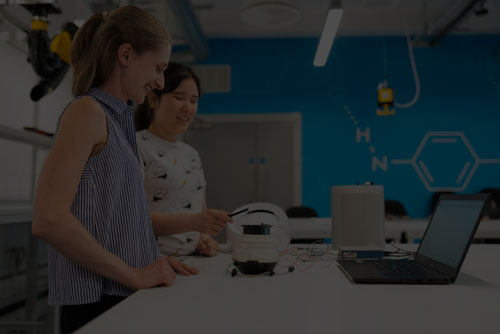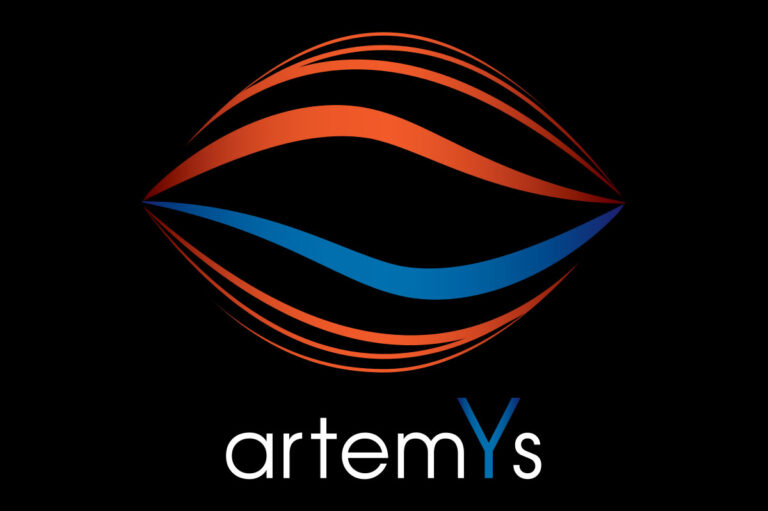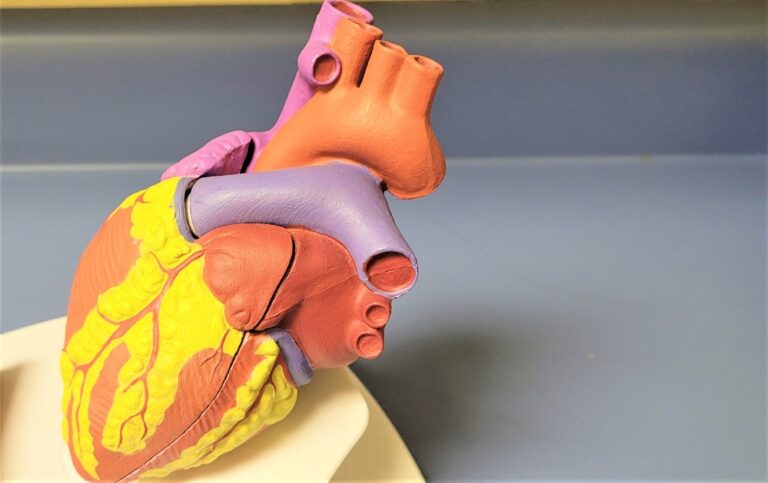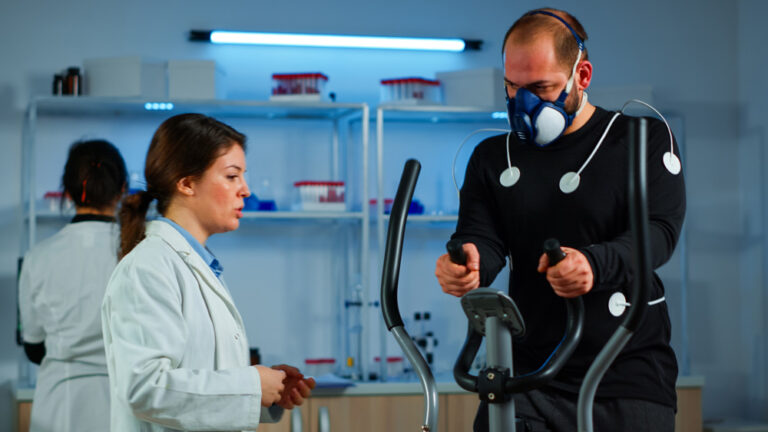EVO LABS
EVO Labs reflect the company’s multi-disciplinary character and pure engineering mindset.Our growing team of experts embrace the expertise of Computational Fluid Mechanics, Material Science, Finite Element Analysis and Deep Learning. All wrapped in a streamlined workflow, they result in cutting-edge BioEngineering solutions.

LAB #1
Sports Performance
Human Performance is a critical field studied by the sports and pharmaceutical industries. While the needs of the global sports market grow, the available solutions lack clarity, validation, personalization and precision. The World of Sports has been popular for decades. Yet, the rise in popularity comes with the rise of challenges and adversity. Regarding the future, the sports industry is already faced with the challenge of trying to predict the next trend, the next big idea that will capture the audience by creating a future of Personalised medicine, where Engineering solutions defend causality of abnormalities in the Human system. Coupling this challenge with that of technology, it is clear that several sports teams and medical/performance experts will always be at odds. With muscle capability being known, overcoming personal boundaries becomes the principal problem for human performance. EVO labs introduce a “must-have” tool for every sports club and every athlete, based on BioEngineering principals, enriching decision-making and human performance for the individual’s mechanical ability. The company provides an optimal sports performance technology through the personalised performance capacity and injury prevention. It implements a complete data processing pipeline, combining the engineering and the medical domains and offers personalised actionable myoskeletal performance guidance. A new era of engineering and medicine collaboration begins, delivering an optimal solution for the human body. Our mission is to help athletes at international level increase their performance and classification, through minimising injury incidents and rehabilitation periods, thus securing the viability of sports clubs and improving the sports spectacle. Using our technology, we support sport clubs and athletes to achieve excellence and maintain their top performance over time.

LAB #2
Cardiovascular
One of the leading causes of death globally are cardiovascular diseases. While the most important behavioural risk factors are currently known, there are also a number of underlying determinants. Therefore, readily available state of the art risk models lack personalization and precision. It has become increasingly clear that inflammation also plays a pivotal role in the development of atherosclerosis and cardiovascular disease (CVD). The biological processes involved in atherogenesis are highly complex and only partially understood. C-reactive protein (CRP) measured with a highly sensitive assay is the most frequently used marker of low levels of inflammation and has been associated with increased risk of CVD as well as the presence of CVD risk factors including adiposity. Furthermore, CRP is used as an adjunct for risk assessment in conjunction with the Framingham Risk Score (FRS). In addition, the inclusion of cardiovascular disease management interventions in universal health coverage packages requires significant investment and reorientation to effectively manage CVDs. EVO lab introduces a “must-have” tool, based on new biomarkers, implementing a competing risk model, which enables better estimation of the risk in the younger and older population. The company provides an optimal CVD prognosis technology through the personalised treatment for patients and early identification for youngsters. It implements a complete data processing pipeline, combining the engineering and the medical domains and offers personalised risk management. A new era of engineering and medicine collaboration begins, delivering an optimal solution for the human body.LAB #3
Respiratory Models
The essence of particle transport in the respiratory system is well known. Harmful substances such as dust, fumes and gaseous pollutants are vastly suspended in the environment and can have either immediate effect and cause minor disorders such as dizziness or can cause serious long-term damage to the lungs and the airways including asthma or cancer. In the case of many of the developed chronic lung diseases, prescribing an effective treatment is necessary. Overall, for both medical and pathological purposes, studying particle transport provides diagnostic and prophylactic measures for adverse respiratory health conditions. EVO Labs accept the challenge of studying particle transport by leveraging Computational Fluid Dynamics (CFD) coupled with particle dynamics simulations. This approach contributes to the understanding of two important issues. Firstly, which is the fate of each particle entering the human respiratory system and secondly what spatial spot and temporal time point should particles be released to reach a specific desired location.With this methodology a wide range of respiratory related issues can be investigated and at the same time, cost and experimental set up issues to be minimised. Our aim is to create Modern and optimised CFD simulations, based on realistic tissue geometries and enable further understanding of the mechanisms contributing in the respiratory system damage, because of toxicities or circumstances such as covid-19. Deeper knowledge of these mechanisms provides the advantage of predicting possible threats for human health and at the same time investigating different exposure scenarios, depending on the boundary conditions. Understanding in depth with such a robust and cost-effective method all the mechanisms affecting the human body can be the future of prevention and treatment.
